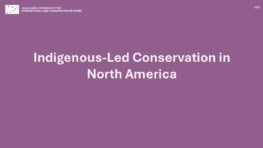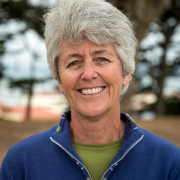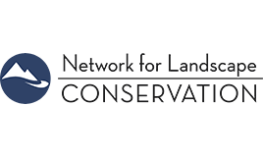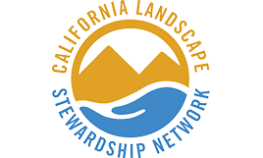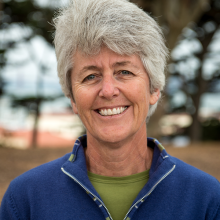Shawn Johnson
Managing Director, Center for Natural Resources & Environmental Policy, University of Montana
Shawn Johnson is Managing Director of the Center for Natural Resources & Environmental Policy at the University of Montana and Co-Director of the Center’s graduate certificate program in Natural Resources Conflict Resolution. Shawn organizes and leads strategic planning and capacity building workshops for a wide variety of organizations focused on natural resource policy and management and has served as a facilitator and mediator on issues ranging from land use planning and forest management to conservation priority setting and landscape conservation and stewardship. For the past ten years, he has helped advance a joint effort between the Center and the Lincoln Institute of Land Policy on large landscape conservation. The joint effort explores questions of policy, leadership, funding, science, and governance at landscape scales, where there is often a mismatch between the scale of an existing challenge or opportunity and that of existing organizations and jurisdictions. In May 2011, Shawn helped organize and convene a group of large landscape conservation practitioners that led to a new network of practitioners throughout North America who are working to improve community and conservation outcomes at the large landscape scale -- the Network for Landscape Conservation.

